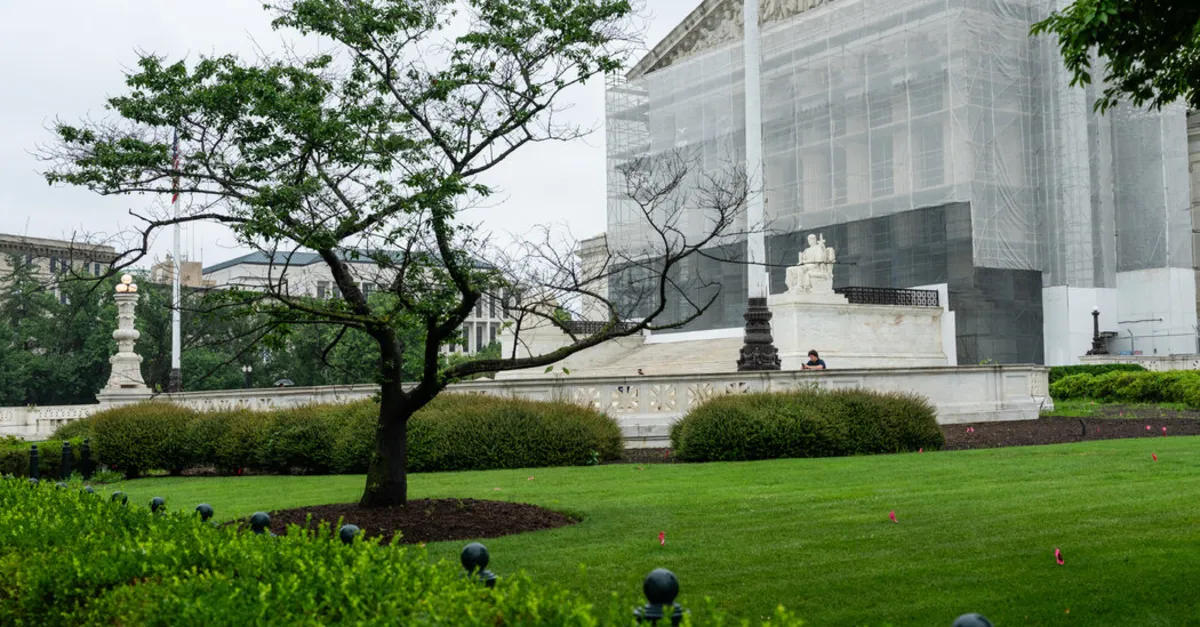
The recent ruling by the Supreme Court has significant implications for transgender youth across the United States. The decision, which came down with a 6 to 3 majority, allows Tennessee to enforce a law that bans certain medical treatments for transgender minors, including puberty blockers, hormone therapies, and surgeries. This ruling is expected to influence up to 24 other states with similar legislation aimed at restricting medical care for transgender youth.
The Supreme Court's decision declared the Tennessee law constitutional, asserting that it does not violate equal protection principles. The justices emphasized that it was not their role to evaluate the wisdom or logic of the state law, stating that such matters should be determined through the democratic process. This ruling highlights the growing trend of states enacting legislation that limits transgender medical care, contributing to a fragmented landscape of laws across the country.
This ruling does not impact states that allow transgender youth to receive medical treatments. Many Democratic-led states in the Northeast and West Coast continue to provide necessary medical care for transgender minors, maintaining a stark contrast to the policies of states that have enacted bans.
The decision does not address transgender care for adults and does not overturn the Supreme Court's 2020 ruling in Bostock v. Clayton County, which protected gay and transgender individuals from workplace discrimination. Chief Justice Roberts clarified that the reasoning from the Bostock case should not extend beyond employment law, leaving many questions open regarding the broader implications of the current ruling on transgender rights.
Countries worldwide continue to grapple with the complexities of providing medical care to transgender adolescents. While some medical professionals assert that treatments such as puberty blockers can be beneficial and potentially lifesaving, concerns remain about the long-term effects and the adequacy of existing evidence. Systematic reviews from international health organizations indicate that while the benefits of these treatments are not well established, the risks, including potential loss of fertility and the possibility of regret, are significant.
Countries like England, Sweden, Finland, and Denmark have begun restricting such treatments to extreme cases or clinical trials. In December, the UK announced a ban on puberty blockers for children except those involved in government-sponsored trials that will evaluate the treatments' long-term effects.
Despite the shifting legal landscape, American medical groups continue to endorse gender-affirming treatments. The American Academy of Pediatrics insists that these treatments are medically necessary for addressing gender dysphoria, supported by decades of peer-reviewed research. The organization is currently reviewing the evidence to reaffirm its position on the necessity of these treatments for transgender minors.
The ruling comes amid a broader national conversation about transgender rights, particularly in the context of military service, athletics, and bathroom access. Chief Justice Roberts' ruling reflects the growing polarization around these issues, emphasizing that questions surrounding transgender medical care should ultimately be resolved by elected representatives rather than the judiciary.
In dissent, Justice Sonia Sotomayor cautioned that denying appropriate treatment for gender dysphoria could lead to severe mental health issues, including anxiety, depression, and self-harm. The Biden administration previously opposed the Tennessee law, but under the current political climate, the executive branch's stance on gender transition care has shifted.
The Supreme Court's ruling on the Tennessee law marks a pivotal moment in the ongoing debate over transgender rights in the United States. With 25 states now allowed to enforce similar bans, the legal landscape for transgender youth is becoming increasingly fragmented. As the discourse continues, it is evident that both sides of the issue are deeply entrenched, and the implications of this ruling will resonate for years to come.